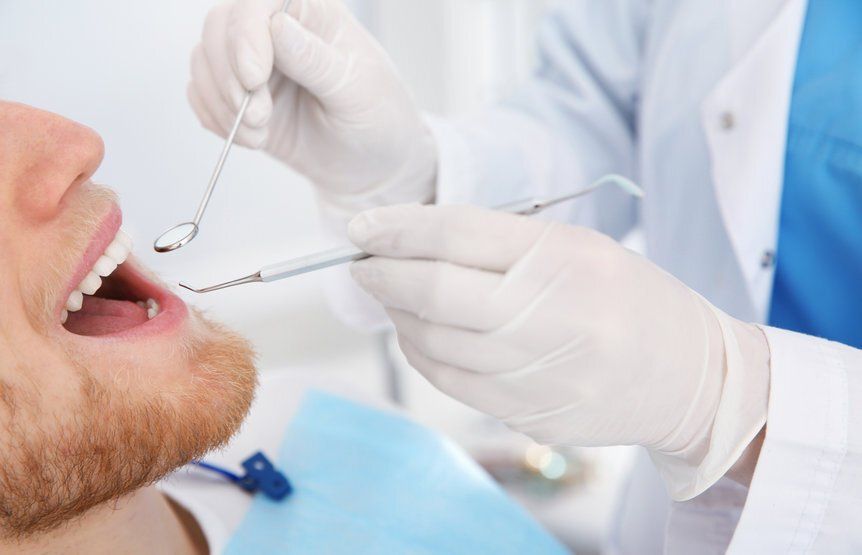Sedation Dentistry and Its Availability for People Suffering from Underlying Illnesses
- By Mary Marks
- •
- 31 Mar, 2022
- •

It’s no secret that some medical conditions will impact your
health to a greater extent during certain interventions. If you take two
different types of medicines, or if you take a substance that the disease you
suffer from might react to badly, then you could experience adverse effects
from small to significant depending on a variety of factors. The severity of
the condition, the dosage of the medicine and many other criteria will
determine whether you’ll have a reaction or not. This is precisely what happens
in some cases when you are sedated at the dentist. The sedation dentistry Denver offices are well trained
and know exactly how to administer the sedation techniques, and depending on your specific situation can direct you safely.
Disorders such as glaucoma, diabetes, HBP, heart disease, cancer or past head injuries can react negatively to sedation or to the procedure itself. Dentists constantly have to account for these problems, and when you don’t know you have one of the aforementioned diseases, it can get pretty complicated.
Sedation dentists are extremely careful about how they treat people with underlying conditions. If you have high blood pressure or heart disease, they might take measures such as minimizing the dose and avoiding the use of substances that are known to carry the risk of worsening the patient’s condition. When you have even mild symptoms, but you don’t know if you have an underlying condition, they might do the same or recommend some tests before they clear you for using any type of sedation.





Although oral sedation dentistry Highlands Ranch is one of the optionsavailable for managing anxiety and discomfort during oral surgery, you certainly do not need to use it all the time. As a matter of fact, the exact type of sedation or anesthesia that you receive during oral procedures may depend on various factors, such as the complexity of the procedure, your medical problems, as well as your doctor’s preferences.
There can be several different levels of sedation that can be used in oral surgery. Local anesthesia is one of them. This involves injecting anesthetic medication into the specific area where the surgery will take place. It numbs the area and is often used for less invasive procedures.
Oral sedation involves taking medication in the form of a pill to induce a state of relaxation and drowsiness. The patient is still conscious, but he/she may not be fully aware of the procedure. At any rate, sedation helps him/her get rid of anxiety.
In the case of intravenous sedation, medication is administered through a vein, which induces a deeper state of sedation than oral sedation. Patients may still be conscious, but they are less aware of their surroundings and may not remember the procedure.





